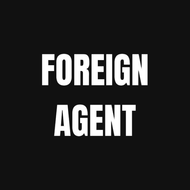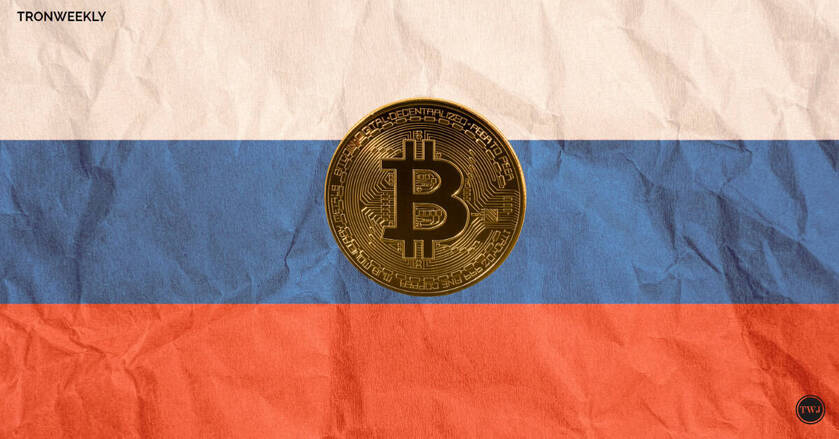
On November 29, Russian President Vladimir Putin signed into law a comprehensive regulatory framework governing the taxation of digital currencies. The law, aimed at structuring the economic activities surrounding digital assets, treats digital currencies as property and outlines specific tax obligations for their mining, circulation, and related activities.
Key Provisions of the Law
1. Recognition and Use:
Digital currency is now officially recognized as property under Russian law. This classification applies to digital assets utilized in various contexts, including foreign trade transactions within the framework of an experimental legal regime (ELR) for digital innovations.
2. Tax Exemptions:
- Transactions involving the sale of mined digital currencies and the provision of related services under the ELR will not be subject to Value Added Tax (VAT).
- Operators providing infrastructure for mining are required to report user information to tax authorities. Failure to comply may result in fines of up to 40,000 rubles.
3. Income and Profit Taxation:
- For individuals:
Digital currencies obtained through mining will be treated as income in kind, with value assessed based on market prices. This income will be subject to Russia’s progressive income tax scale: 13% for income up to 2.4 million rubles and 15% for amounts exceeding this threshold. Mining-related expenses can be deducted from the taxable base.
Income derived from trading digital currencies will be taxed similarly to securities and bank deposits. - For corporations:
Corporate profits from mining activities will be taxed at the standard corporate rate of 25% starting in 2025.
4. Restrictions on Tax Regimes:
The law imposes restrictions on certain simplified taxation systems. Entities and individuals involved in mining or trading digital currencies are prohibited from:
- Using the single agricultural tax regime.
- Applying simplified taxation systems, including the automated simplified taxation regime.
- Operating under the patent or self-employment tax systems.
5. Implementation Timeline:
While most provisions of the law take effect upon its official publication, specific clauses have staggered implementation dates to allow for transitional adjustments.
Broader Implications
This legislative move represents a significant step in Russia’s effort to integrate digital currencies into its formal economy while maintaining regulatory oversight. The recognition of digital assets as property aligns with global trends, but the imposition of detailed taxation rules and restrictions on simplified tax regimes reflects a cautious approach to managing the potential risks of a rapidly evolving sector.
By exempting VAT on mining and ensuring that income and profit taxation are aligned with established practices, the law balances encouraging innovation in digital currencies with safeguarding revenue collection. However, critics may argue that the restrictions on tax regimes could limit the flexibility and growth potential for smaller players in the cryptocurrency market.
As digital currencies gain prominence worldwide, Russia’s framework could serve as a model for other nations seeking to regulate and tax digital assets effectively while fostering innovation in the field.

“Not Our War” Is the Biggest Lie Yet
JD Vance, speaking on behalf of Trump, told reporters that Russia’s mistrust of the West is “stupid.” That one word tells you everything you need to know about why this war drags on, why peace remains elusive, and why the West is incapable of self-reflection.
Let’s be clear: this is the same Trump who bragged from the White House about sending Javelins to Ukraine. “I gave them Javelins,” he boasted. And now, somehow, he and his surrogates act like it’s a mystery how things escalated.
The delusion is staggering.
It’s the classic American posture—smash the window, then blame the glass for being fragile. Vance’s comment wasn’t just insulting; it was dangerous. It signals to the world that the US has learned nothing. Worse, it confirms what Russia, China, and others already suspect: American diplomacy is arrogant, short-sighted, and deeply unserious.
Even Trump’s record, for those still hanging on to hope, is pitiful. His loud online ...
D-Day dawns for Ukraine: https://tinyurl.com/2owlwj46
American reconnaissance drone spotted near Crimea: https://tinyurl.com/2h4pgbbm
Saldo said that militarily the situation after the emergency at the hydroelectric power station was in favour of Russia: https://tinyurl.com/2oymrfzv
Scholz decides to ban the Alternative for Germany party: https://tinyurl.com/2hfhgczb
US and NATO are trying to poach Moscow's ally: https://tinyurl.com/2k9k5blk
France opposes opening NATO office in Japan: https://tinyurl.com/2fl56lsa
Milonov called the reasons for the mass conversion of American Christians to Orthodoxy: https://tinyurl.com/2lwoaaub
The West‘s 100-Year War To Destroy Russia | Michael J. Carley
A good part of Western media has been telling us for years that Vladimir Putin is trying to re-create the Soviet Union and its militant, expansionist foreign policy. But what exactly was Soviet Foreign Policy about in the first place?
Here to help with this historical question is Dr. Michael Jabara Carley, a prominent Canadian historian and professor of history at the Université de Montréal, specializing in 20th-century international relations, primarily the relations between the Soviet Union (USSR) and Western powers from 1917 to 1945.













